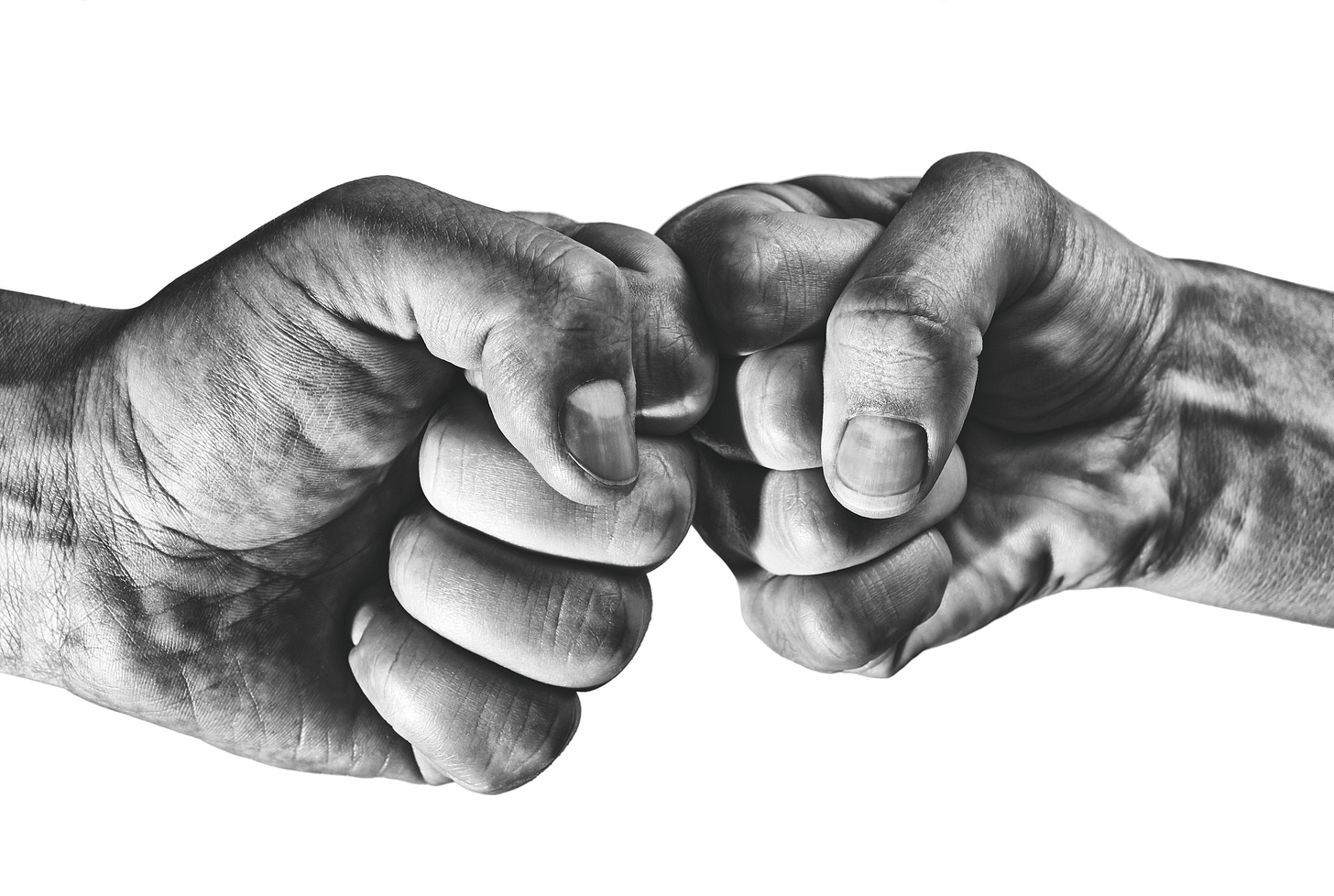Packaging your Content
It's on us to make the connections, not the athletes
One of the other lessons that I have learned over the years is based on how I design training sessions (in particular with groups). There have been several discussions in our newsletter about training within context, but this today’s conversation is framed from a bigger picture perspective.
Our approach to training. Are we presenting and training from …
Keep reading with a 7-day free trial
Subscribe to The CMPC Playbook to keep reading this post and get 7 days of free access to the full post archives.


